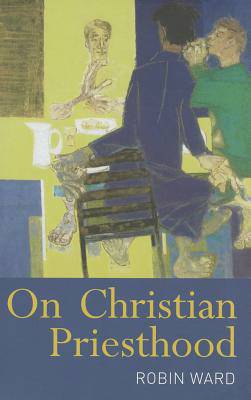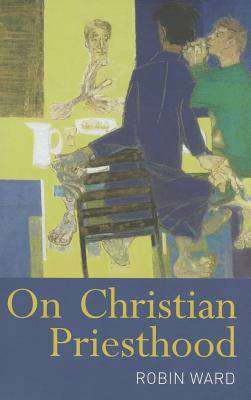
- Afhalen na 1 uur in een winkel met voorraad
- Gratis thuislevering in België vanaf € 30
- Ruim aanbod met 7 miljoen producten
- Afhalen na 1 uur in een winkel met voorraad
- Gratis thuislevering in België vanaf € 30
- Ruim aanbod met 7 miljoen producten
Zoeken
Omschrijving
The ideas which have defined and informed Christian priesthood in the past are now called into question more than at any time since the Reformation. Is there such a thing as a Christian cult? Is Christian worship in any other way sacrificial? How can ordained Christians be seen as part of a ministerial priesthood distinct from other believers? What does it mean to teach with authority within and on behalf of the Church? When Michael Ramsey wrote The Christian Priest Today he could assume that the priest would be seen as a man of the Eucharist, a confessor, an intercessor and an exponent of the Church's teaching. In the contemporary Church none of these things can be taken for granted in the same say. This book seeks to re-pristinate the doctrine of ministerial priesthood by setting it within the context of fundamental moral theology - to recall readers from all Christian traditions to the fundamental soundness of the concept of ministerial priesthood and its importance in contemporary ecumenical duologue, liturgical reform and pastoral planning.
Specificaties
Betrokkenen
- Auteur(s):
- Uitgeverij:
Inhoud
- Aantal bladzijden:
- 168
- Taal:
- Engels
Eigenschappen
- Productcode (EAN):
- 9780826499080
- Verschijningsdatum:
- 12/05/2011
- Uitvoering:
- Paperback
- Formaat:
- Trade paperback (VS)
- Afmetingen:
- 137 mm x 213 mm
- Gewicht:
- 272 g

Alleen bij Standaard Boekhandel
+ 74 punten op je klantenkaart van Standaard Boekhandel
Beoordelingen
We publiceren alleen reviews die voldoen aan de voorwaarden voor reviews. Bekijk onze voorwaarden voor reviews.








